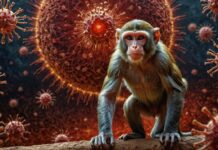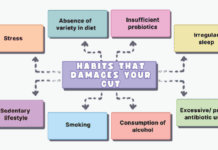MALAYSIA’S long standing battle against the dengue health menace is showing some initial sign of victory – with the release of Aedes mosquitoes infused with the Wolbachia bacteria into the environment.
According to local media reports, Health Minister Datuk Seri Dr Dzulkefly Ahmad said releasing Wolbachia-infected mosquitoes is seeing a downward trend in infection rates in certain targeted areas — following a pilot project in 2017, where these mosquitoes were released.
In the pilot project, eight areas in Selangor showed reductions of between 50 and 80 per cent of dengue cases in each location.
Wolbachia-infused mosquitoes stopped the development and replication of the dengue virus, preventing transmission to humans.
By allowing these mosquitoes to freely breed with the wild Aedes aegypti – a few breeding generations down the line will see almost all A. aegypti mosquitoes in the population infused with the Wolbachia bacteria.
The minister also said the release could also reduce dependence on the use of insecticides to control the mosquito population.
He noted: “There were 62,421 dengue cases between Jan 1 and June 29 this year with 93 deaths compared to 32,435 cases with 53 deaths in the same period last year.”
“By allowing these mosquitoes to freely breed with the wild Aedes aegypti – a few breeding generations down the line will see almost all A. aegypti mosquitoes in the population infused with the Wolbachia bacteria.”
He also said there was a 92.4 per cent increase in dengue cases nationwide in the first six months of 2019.
Wolbachia species have been recognised as natural pathogen of insects for over 80 years.
Recent research has found direct evidence that various strains act as effective inhibitors of viral replication in Aedes aegypti—a species which is not naturally infected by the bacteria, but can be artificially infected via microinjection of eggs.
As Wolbachia are unable to survive outside a cellular environment, they cannot be naturally transmitted between insect species, but only vertically from infected parent to offspring.
According to research, Wolbachia is not harmful and it does not infect humans because the size of the bacteria is too large to travel through the salivary ducts of mosquitoes and into the human bloodstream.
Wolbachia also poses no adverse threat on the environment, including other insects and animals. The Health Ministry is expected to extend the programme to other states in September.

















